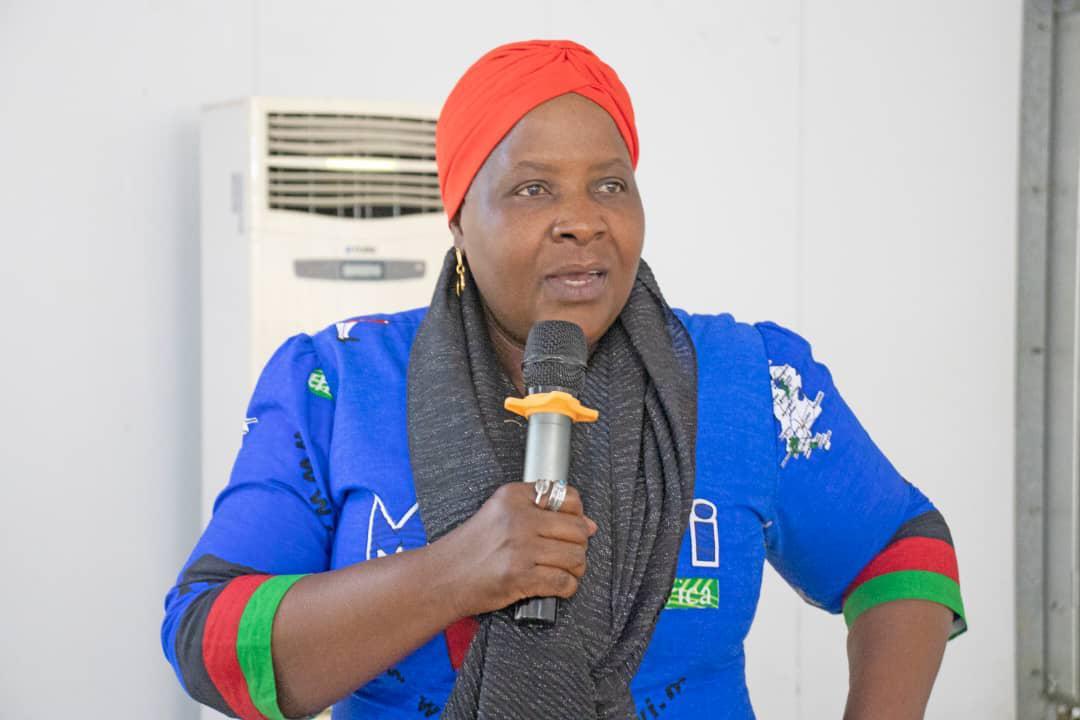Africa-Press – Malawi. Malawi has launched a multi-million-dollar project aimed at building resilience in the health sector against the growing impacts of climate change in six disaster-prone districts in the Southern Region.
The Climate-Health and Wellbeing Resilience in Communities (CHWBRC) project, worth $37 million (about K65 billion), was officially launched yesterday in Lilongwe.
Funded by the Green Climate Fund (GCF) and implemented by Save the Children International (SCI) Malawi in partnership with the Government of Malawi, Creative Centre for Community Mobilisation and Catholic Development Commission, the project seeks to boost the country’s healthcare system.
The initiative, which will run for six years, aims to benefit an estimated 1.7 million Malawians through strengthening disease early warning systems, upgrading health and water, sanitation and hygiene infrastructure, training healthcare workers in climate-resilient service delivery and empowering communities to manage climate-related health risks.
Speaking during the launch, Minister of Health Khumbize Kandodo Chiponda described the project as a timely intervention in the face of recurring climate shocks.
“We are working together to address the challenges our health sector is facing due to climate-induced disasters such as cyclones and droughts. These shocks have increased the disease burden and damaged many health facilities, especially in rural areas,” Kandodo Chiponda said.
She added that Malawi successfully applied for support from the GCF with the help of SCI Malawi to address the compounded climate-health crises.
KHANYE—We are targeting 1.7 million people“Our proposal focused on the six most affected districts, including Machinga and Mangochi. However, there are still many areas in dire need of support. Many facilities remain non-functional following the recent cyclones and our communities have not yet fully recovered,” the minister said.
In his remarks, Save the Children Malawi Country Director Bhekhimpilo Khanye underscored the project’s dual focus on health and climate resilience.
“This initiative is addressing two pressing challenges: climate change and health system fragility. We are targeting 1.7 million people across six districts over six years,” he said.
He also mentioned the governance structures established to oversee the project, including a steering committee made up of government directors and partners, a project management unit within the Ministry of Health and district-level teams working through local councils.
For More News And Analysis About Malawi Follow Africa-Press






